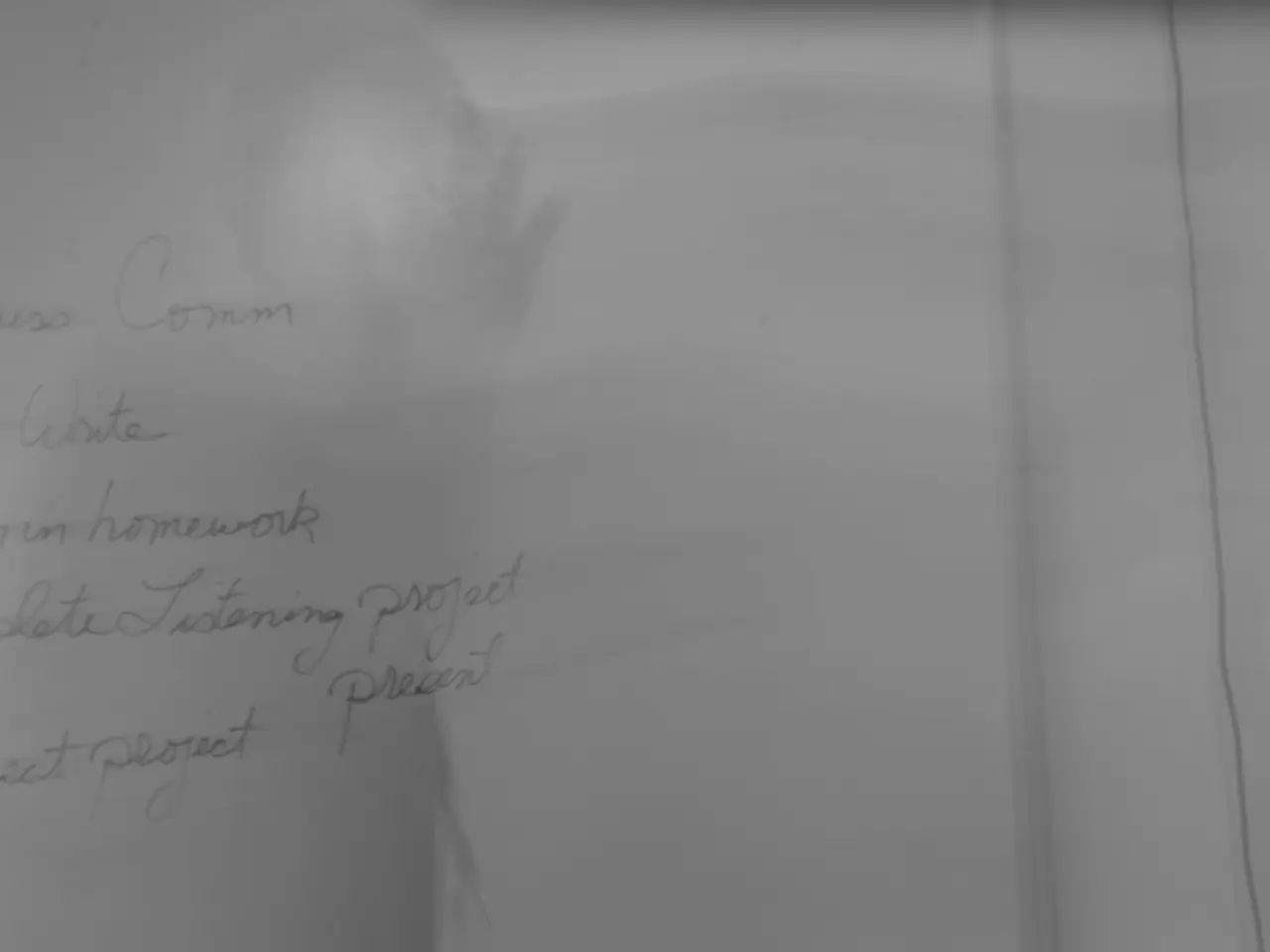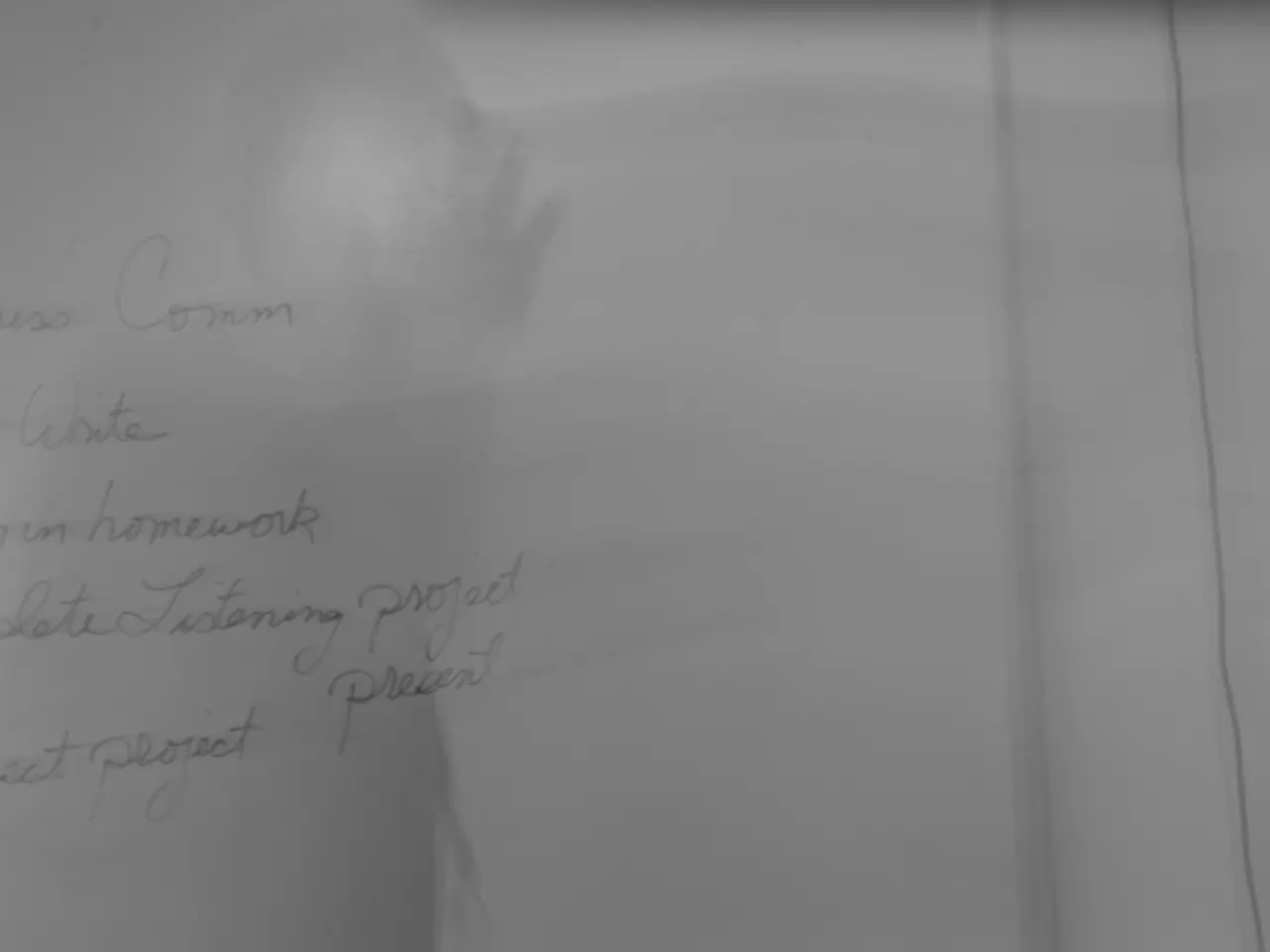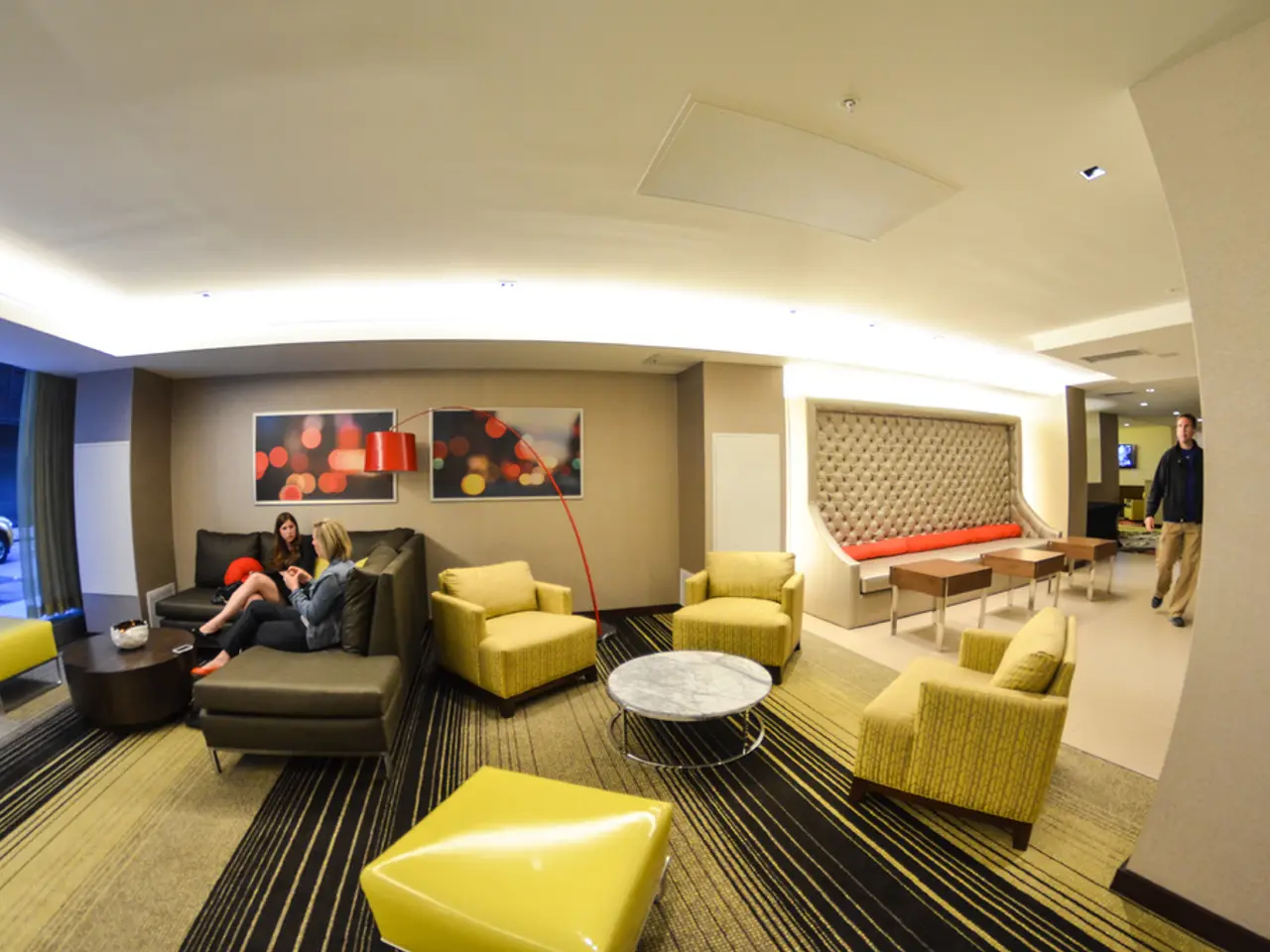Immigrant lawfully residing in the U.S., removed under Trump's administration, shares harrowing tale of sexual abuse in Salvadoran prison
Andry Hernández, a Venezuelan makeup artist seeking asylum in the U.S., was wrongfully detained and deported to El Salvador's notorious maximum-security prison, CECOT, under the Trump administration in March 2023.
Hernández, who entered the U.S. legally with an immigration appointment, was initially accused of gang membership based on tattoos that were incorrectly identified. He was one of the over 250 Venezuelan men deported under the Alien Enemies Act, a wartime legal mechanism used by the Trump administration. Critics argue that there was no concrete evidence supporting these claims, and many deported individuals, including Hernández, had no criminal history and were in the process of seeking asylum.
During his 125-day detention at CECOT, Hernández and other detainees faced allegations of abuse, including sexual assault by guards. The detainees were held incommunicado, with no access to family or lawyers. Reports of mistreatment at CECOT include repeated beatings, medical care restrictions, and keeping detainees in crowded, inhumane conditions. Some detainees even attempted suicide.
Marco Jesús Basulto Salinas, another detainee at CECOT, described instances of medical staff watching detainees get beaten and asking "How are you feeling?" with a smile. Hernández himself claimed he was sexually assaulted during his time at CECOT.
Damian Merlo, a U.S.-based lobbyist for El Salvador's President Bukele, disputes these claims, deeming them as baseless. However, the U.S. paid the Salvadoran government $6 million to hold Hernández and other Venezuelans at CECOT.
Tricia McLaughlin, spokesperson for the Department of Homeland Security, maintains that the detainees at CECOT were members of the Tren de Aragua gang. However, advocacy groups like the Immigrant Defenders Law Center argue that these claims lacked evidence.
After months of international advocacy, Hernández was released from CECOT in July 2023 as part of a prisoner swap and was reunited with his family in Venezuela. His release was seen as a rare positive outcome but highlighted grave concerns about U.S. involvement in his detention and deportation process, which advocates say violated constitutional and international asylum laws by denying due process.
Hernández was shaved bald during his time at CECOT, despite being a makeup stylist and not a gang member. His case underscores issues of wrongful detention, the misuse of wartime legal mechanisms for immigration enforcement, and human rights abuses in El Salvador's CECOT prison, with U.S. government policies under the Trump administration playing a central role in his deportation and unlawful confinement.
- The misuse of wartime legal mechanisms, such as the Alien Enemies Act, in politics during the Trump administration led to the wrongful detention and deportation of individuals like Andry Hernández, which is a matter of general-news interest.
- The abusive treatment of detainees, including sexual assault by guards, in El Salvador's CECOT prison, as experienced by Andry Hernández and other Venezuelan men, falls under the category of crime-and-justice, highlighting the need for reform in the prison system.







